San Francisco Copyright Attorneys & Lawyers
How it Works
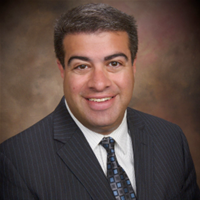
Seth Wiener

Lauri Donahue

Ross Brandborg
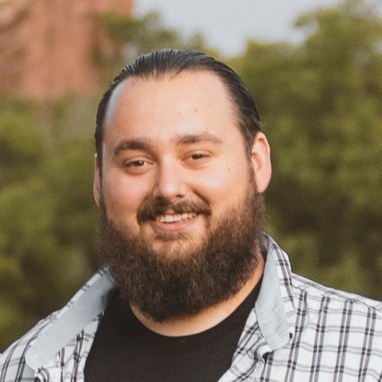
Jake Siciliano

David Yamaguchi

Brig Ricks

Michael Wieser

Joshua Kushner
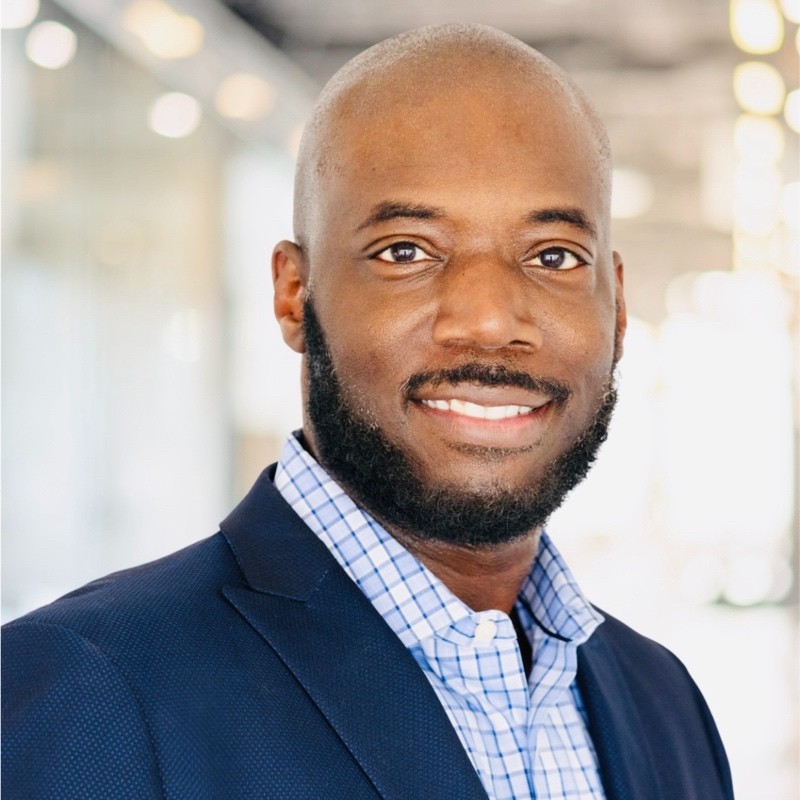
Anthony Whittington, Jd/Mba

Roberto (Bobby) Escobar
San Francisco Copyright Lawyers
Why use UpCounsel to hire a San Francisco Copyright Attorney?
Average experience
You always get experienced professionals and high caliber work.
Faster
Your work gets done quickly because professionals are always available.
More cost effective
We use technology to cut traditional overhead and save you thousands.
UpCounsel has been talked about in:
Legal Services Offered by Our On-Demand San Francisco Copyright Attorneys
Our San Francisco copyright attorneys & lawyers can help you register a copyright for your original work of authorship. This will ensure that you have documented proof of your copyright ownership. Because, if you don't file it, you can't sue if someone uses your work.
Once registered, the copyright lawyer you chose can also assist you with the development of licensing and/or distribution agreements so you can collect royalties on your original work of authorship. The copyright attorneys & lawyers on UpCounsel represent entrepreneurs, musicians, actors, artists, TV producers, and authors. Our San Francisco copyright attorneys can also assist you with fighting copyright infringement in the case a party infringes on any of your copyrights, as they'll seek to prevent it and seek damages from any and all infringers. Many attorneys also have expertise in defending clients against claims of infringement.
There are three types of copyright: usage, full, and unique. Usage means the buyer gets to use the article one time, but the writer can use it again or resell it. Full rights will give the buyer all rights; they can even place their name on the article, saying they wrote it. Your copyright attorney can explain further details about the different kinds of copyright.
Copyright ©, the least expensive form of protection, means literally "the right to copy" an original creation. Original works of authorship include: Movies, drawings, books, works of art, music, textile and jewelry designs, photographs, lyrics, computer programs, paintings, architectural works, including blue prints and maps.
Improve Your Legal ROI with Affordable Copyright Attorneys that service San Francisco, CA.
What Our Customers Have to Say
"UpCounsel gives me access to big-firm lawyers minus the big-firm price tag. I work with several attorneys on the platform and there are never surprises...I always receive quality legal work at competitive rates that larger firms simply cannot match."
"Every startup needs to know about UpCounsel. We found great attorneys at great prices and were able to focus our resources on improving our business instead of paying legal bills."
"Before UpCounsel it was hard for us to find the right lawyer with the right expertise for our business. UpCounsel solves those problems by being more affordable and helping us find the right lawyer in no time."
This is the most recent 20 reviews out of 885 reviews for Trademarks & Copyrights attorneys in California
.jpg)
Trademark Response to USPTO Office Action Assistance Needed
"Baruch did a great job preparing and filing the Office Action response for my U.S. trademark. Communication was clear and the work was thorough. There was a bit of delay in response at times, but everything was completed smoothly in the end."
Hongxin L
.
Sacramento,
CA,
about 1 month ago

Register Trademark
"Clear and responsive, highly recommended!"
Steven W
.
Venice,
CA,
about 2 months ago

Conduct Trademark Search
"Working with Anthony was an excellent experience. He provided clear, detailed, and practical legal guidance on my trademark clearance and helped confirm that my brand was on the right path before launch. His explanations were easy to understand, timely, and very thorough. I truly appreciate his professionalism and the confidence his expertise gave me moving forward. Highly recommended."
Jose R
.
Ontario,
CA,
about 2 months ago

Register Trademark
"Ross really listened to my needs and went above and beyond in advising me. THANK YOU Ross!"
Caleb M
.
Los Angeles,
CA,
3 months ago

Assist with Copyright Infringement
"I worked with Lauri on an IP contract and a copyright issue. She is is very responsive and easy to communicate with, recommended."
Rachel L
.
North Hollywood,
CA,
3 months ago

Trademark Infringement Consults
"Eric is one of the best. In addition to his critical eye, he just gives good advice. He's a good add to the team!"
Ryan D
.
Oakland,
CA,
8 months ago
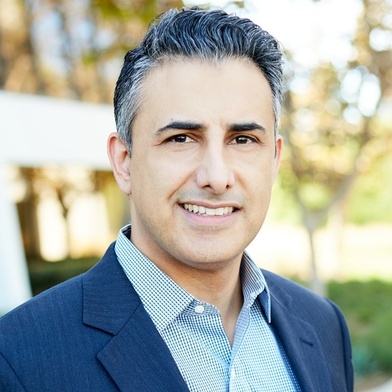
Trademark Registration Services
"Very quick and knowledgeable"
Elaine S
.
Moraga,
CA,
about 1 year ago

Register Trademark internationally through the Madrid Protocol
"David Lizerbram provided excellent legal support for my international trademark needs. He was knowledgeable, responsive, and made the complex process of securing trademarks in multiple countries smooth and manageable. I highly recommend his services for anyone needing expertise in international trademark law."
Alen S
.
Sunland,
CA,
over 1 year ago

Assist with Other Trademark & Copyright Matter
"An exceptional lawyer who is very knowledgeable, communicates effectively and devoted to securing favorable outcomes for cliens. I would definitely be coming back, highly recommended."
Amira C
.
Orange,
CA,
over 1 year ago

Assist with Copyright Infringement
"Troy is responsive, effective, and efficient!"
Tim D
.
Lake Forest,
IL,
over 1 year ago
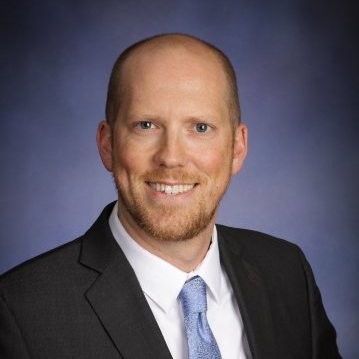
Conduct Trademark Search
"Excellent work by Nathan. He was clear, helpful, knowledgeable, and thorough. Highly recommend."
Tom M
.
Duck Creek Village,
UT,
almost 2 years ago

Trademark Registration Services
"Clear communication and fast responses."
Paige H
.
La Habra,
CA,
almost 2 years ago

Trademark Registration
"Very efficient"
Michael J
.
Redding,
CA,
almost 2 years ago
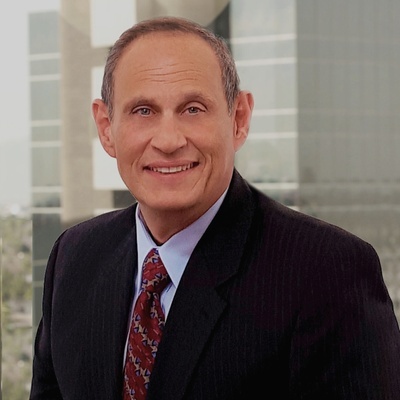
Register Trademark
"Steven Stark did a great job with my trademark applications."
Daniel S
.
Los Angeles,
CA,
about 2 years ago
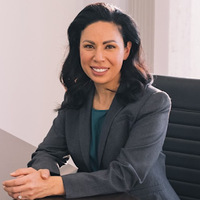
Register Trademark
"Excellent service, clear communication, good understanding. Thanks!!!"
Axay S
.
Diamond Bar,
CA,
over 2 years ago

Assist with Other Trademark & Copyright Matter
"We have consulted with Brig a number of times. Solid."
Gavin M
.
Hermosa Beach,
CA,
over 2 years ago

Draft Response to USPTO Office Action (Trademark)
"Had a job that required a quick turnaround, Charis delivered and did an amazing job!"
Michael H
.
Walnut,
CA,
almost 3 years ago

Trademark Registration
"Loved working with Liz on my Standard US Trademark Package. She was always communicative with any questions or concerns I had and provided prompt updates on the status of the trademark."
Brie B
.
San Francisco,
CA,
almost 3 years ago

Trademark Registration
"This is the fourth time I have used his services. Very fast and communicative. Highly recommended."
Visual Design I
.
Los Angeles,
CA,
over 3 years ago

Trademark Registration
"Extremely informative and quickly responds to all my questions!! Thank you so much!"
Asha F
.
San Jacinto,
CA,
over 3 years ago
Related Articles
Key Takeaways
- The USPTO and courts use multi-factor tests (Polaroid, DuPont, and Lapp) to assess trademark confusion risk.
- The strength and distinctiveness of a trademark significantly affect protection.
- Actual confusion isn’t required but can strongly support a claim.
- Intent, marketing overlap, and buyer sophistication influence the decision.
- Businesses can reduce confusion risk through strategic branding and searches.
What Are Likelihood of Confusion Factors?
Likelihood of confusion factors are the legal standards used to determine whether trademark infringement has occurred. The factors are also used as one of several tests conducted by the United States Patent and Trademark Office (USPTO) to determine whether a trademark application is approved.
The likelihood of confusion test is used to decide if a trademark is likely to be confused with another trademark
...
Read MoreKey Takeaways
- The Acceptable Identification of Goods and Services Manual (ID Manual) helps trademark applicants use precise and USPTO-approved terms for their goods and services.
- Entries in the manual may be “standard” or “fill-in” formats requiring specific details for approval.
- Proper identification prevents Office Actions, ensures accurate classification, and aligns your application with international standards.
- The ID Manual is regularly updated and harmonized with other IP offices under the TM5 framework.
- Applicants should use simple, clear, and specific descriptions to avoid rejection or reclassification fees.
Acceptable Identification of Goods and
...
Read MoreKey Takeaways
- Contributory trademark infringement holds third parties liable for facilitating or knowingly contributing to another’s trademark infringement.
- The standard of “knowledge” is critical — liability requires proof that the defendant had actual or constructive knowledge of the infringement, or was willfully blind to it.
- Online marketplaces, manufacturers, and distributors can all face secondary liability if they enable infringing activities and fail to act after notice.
- The Ninth Circuit and Supreme Court emphasize that “willful blindness” — ignoring clear signs of infringement — can satisfy the knowledge requirement.
- Businesses should implement robust monitor
...
Read MoreKey Takeaways:
- Trademark Basics: Trademarks protect logos, slogans, and brand elements, with strength varying by distinctiveness.
- Notable Examples: Coca-Cola's script and McDonald's "Mc" prefix highlight strong protection strategies.
- Digital Protection: Apple and Meta showcase trademark enforcement across app stores, domains, and social platforms.
- Global Reach: Protecting trademarks internationally requires adapting to regional rules like the EU and Chinese systems.
- Active Monitoring: Maintain ongoing vigilance for counterfeit products, domain issues, and unauthorized digital use.
Strong brands require robust legal safeguards in the competitive business world of today. Real-world trademark cases reveal how these protections work to shield distinctive business elements - from memorable log
...
Read MoreKey Takeaways
- A patent gives you exclusive rights to your invention, preventing others from making, selling, or profiting from it without permission.
- To patent something, your invention must be new, useful, and non-obvious.
- The patenting process involves documenting your invention, performing a patent search, filing a provisional or non-provisional application, and working with a USPTO examiner.
- Choosing the correct type of patent (utility, design, or plant) is essential for proper protection.
- Patents can attract investors and create licensing opportunities, but they require significant costs and ongoing maintenance fees.
...
Read More